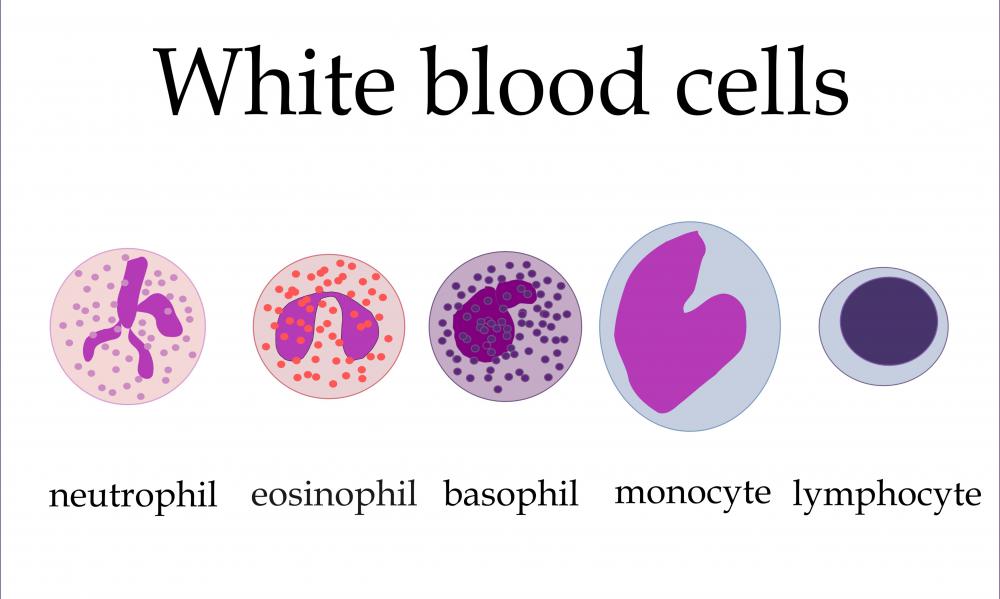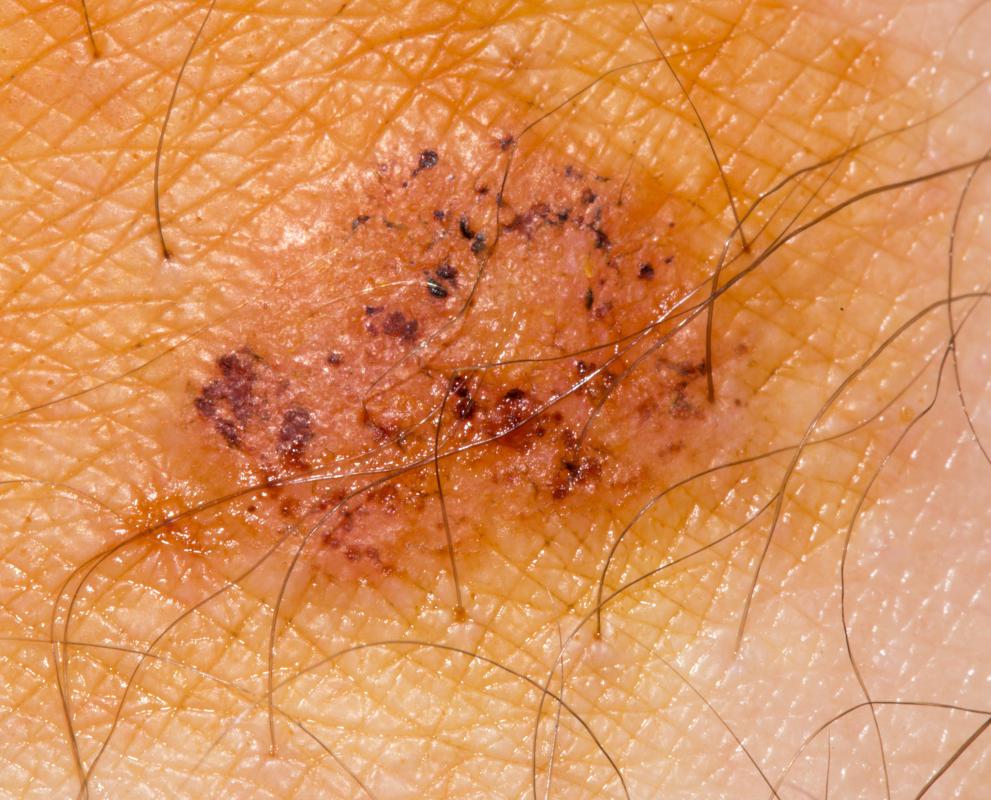At TheHealthBoard, we're committed to delivering accurate, trustworthy information. Our expert-authored content is rigorously fact-checked and sourced from credible authorities. Discover how we uphold the highest standards in providing you with reliable knowledge.
What is an Occipital Lymph Node?
An occipital lymph node is a gland that produces lymph and white blood cells as part of the lymphatic system. It serves as a small part of the larger immune system and has a role in protecting the body against pathogens. It helps rid the body of these pathogens by taking in, purifying, and draining a fluid called lymph. These glands most often go unnoticed, but an infection or other problem can occasionally cause swelling and pain in the area around the lymph node.
All humans have from one to three occipital lymph nodes at the back of the head and neck. Each contains white blood cells, or lymphocytes, that act as part of the immune system and lymph that is constantly being circulated through the gland. If there is a pathogen present in the body, it will enter the lymph node with the lymph and be detected by the white blood cells. It is then the job of the white blood cells to attack and destroy the pathogen so the lymph that is released from the gland is purified. An occipital lymph node specifically drains lymph from the occipital region of the scalp and then passes it on to the superior deep cervical glands.

When the white blood cells in these lymph nodes detect a pathogen, they send out a signal to other parts of the lymphatic system. This signal is a call for reinforcements of sorts and can result in many additional white blood cells being sent to the node. This influx of cells and fluid can result in a swollen gland. Most people have no awareness of this system until swelling occurs from such an instance, which can cause stiffness and pain in the back of the neck.

Occipital lymph nodes take in lymph from the scalp, so swelling in one of these glands is most likely caused by a problem in the scalp itself. This could be an infection from a bacteria or virus or a reaction to problems such as ringworm infection, lice infestation, or dandruff. It is also believed that, in rare cases, swelling in a lymph node can be caused by cancer cells that have traveled to the gland and begun to metastasize. In the majority of cases, a swollen occipital lymph node is probably the result of a curable infection; however, it is safest to have it checked by a medical professional.
AS FEATURED ON:
AS FEATURED ON:


















Discussion Comments
Post your comments